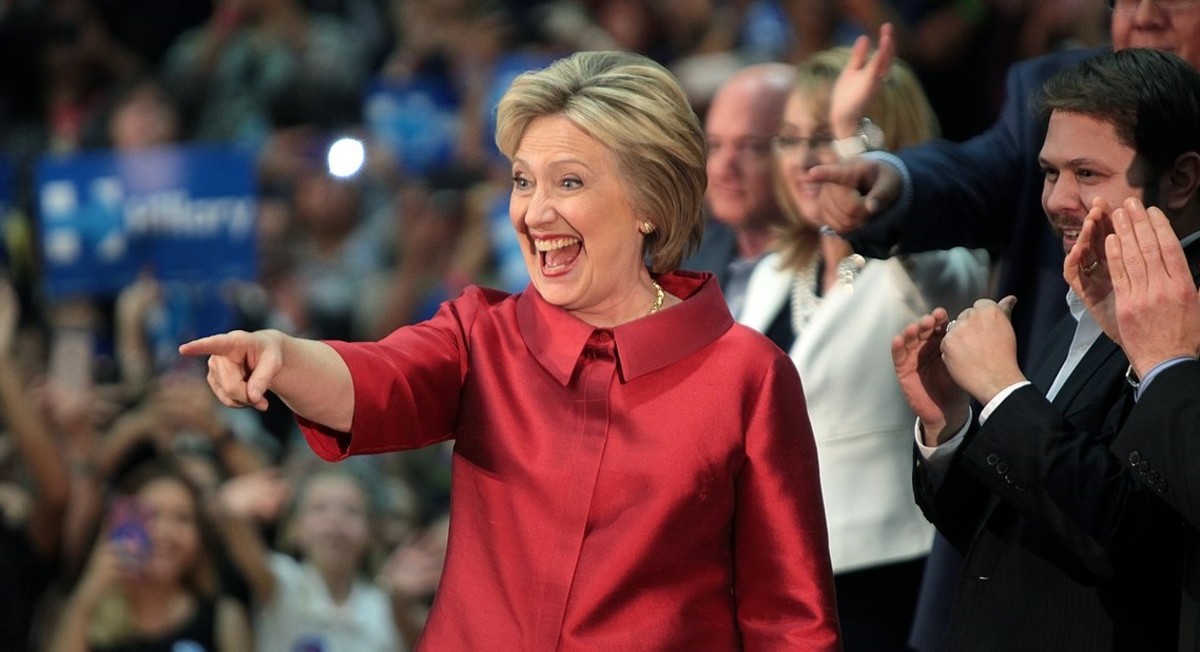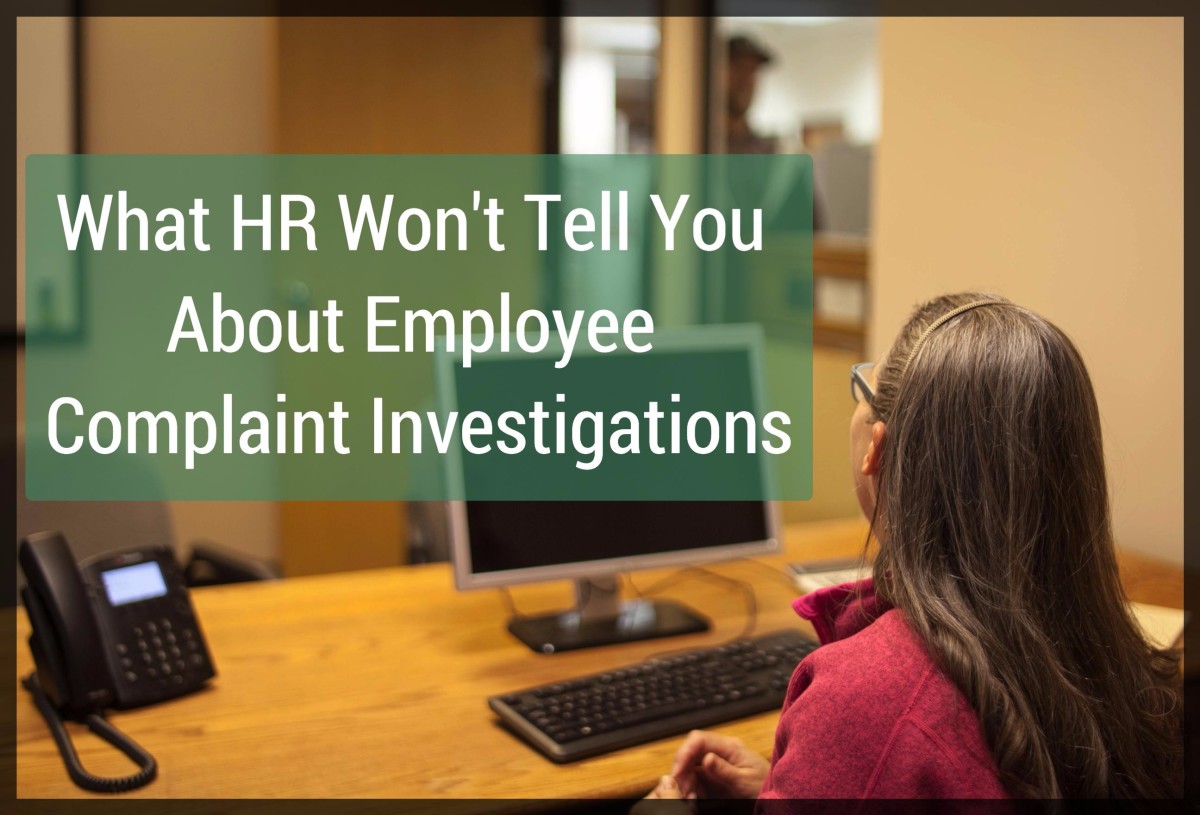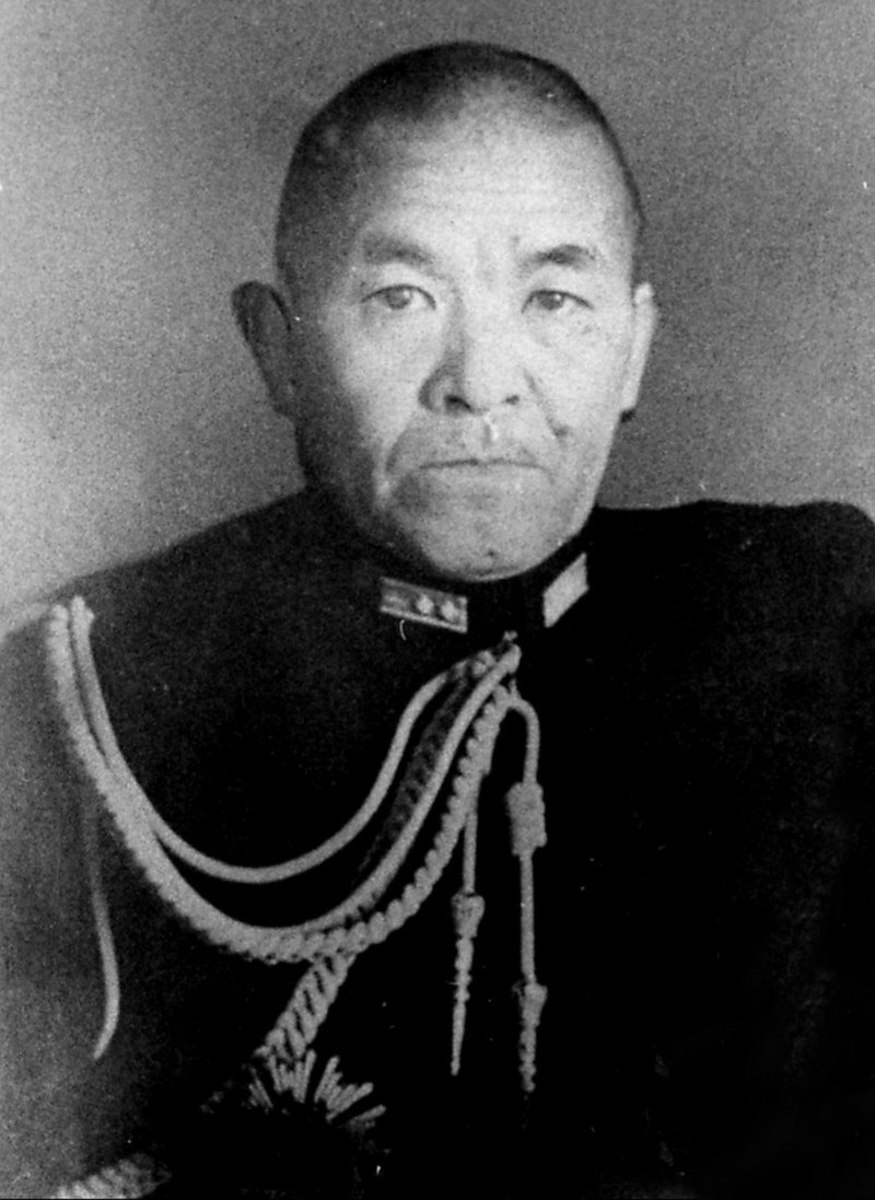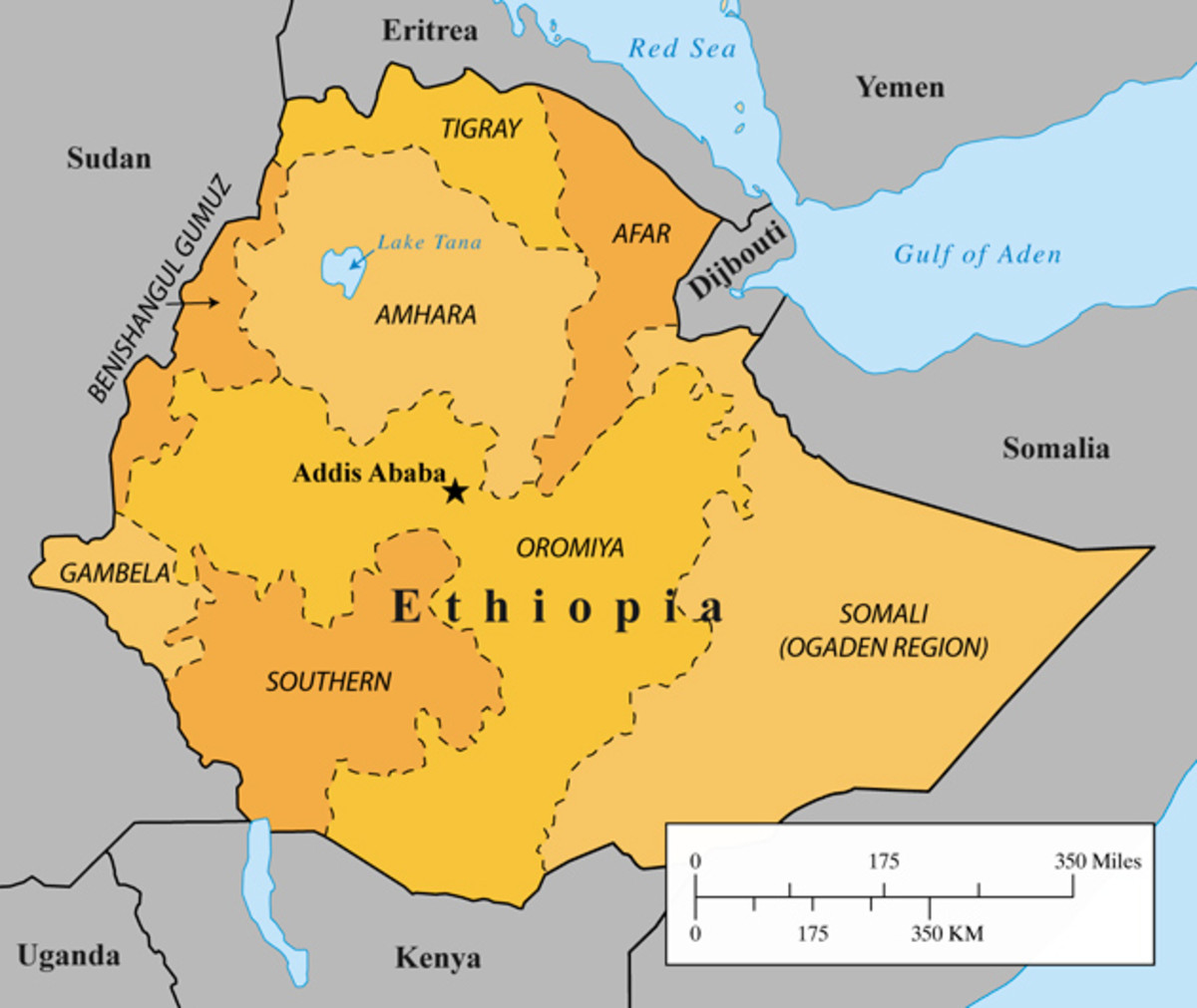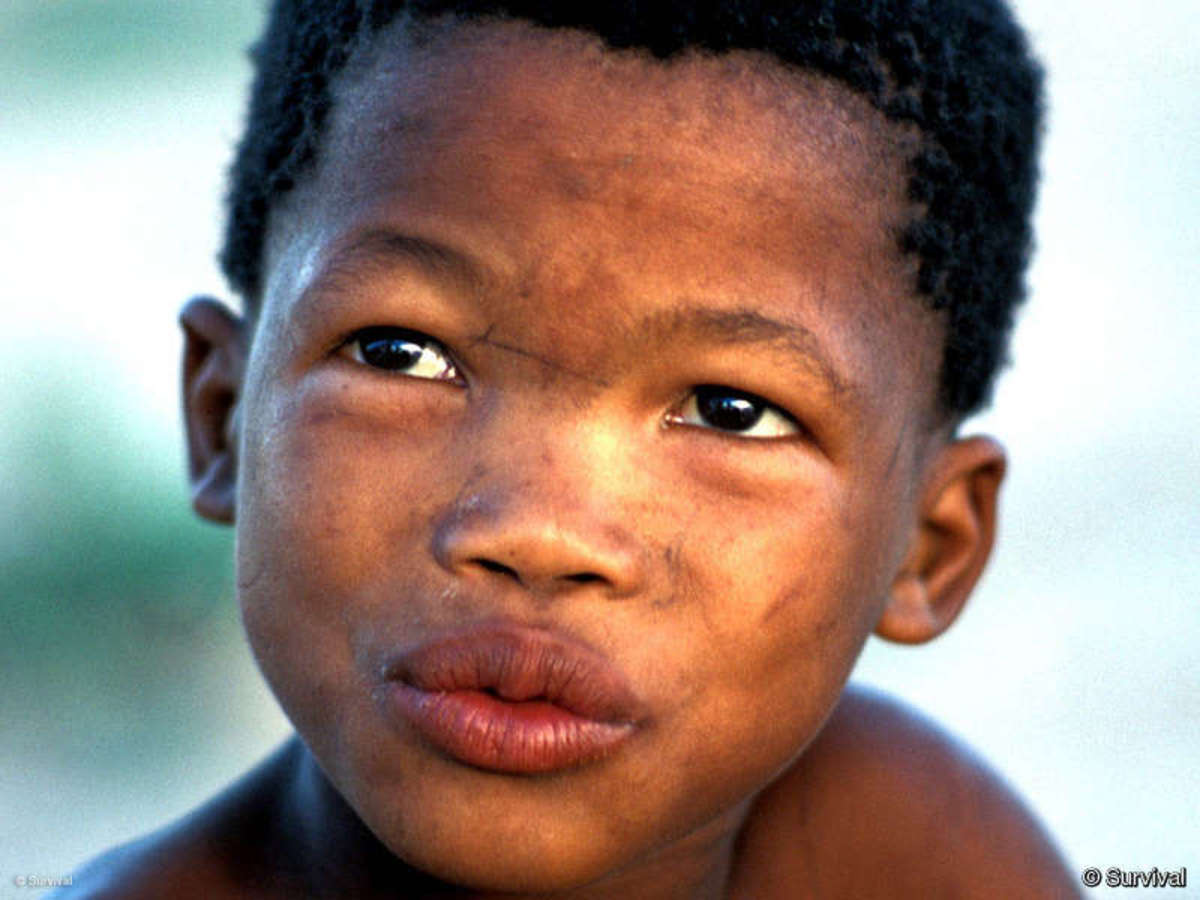Benghazi: What is America's 'Need to Know'?
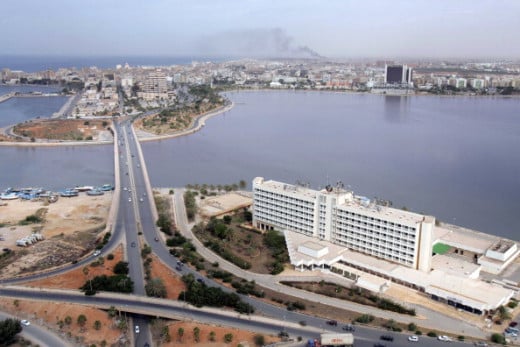
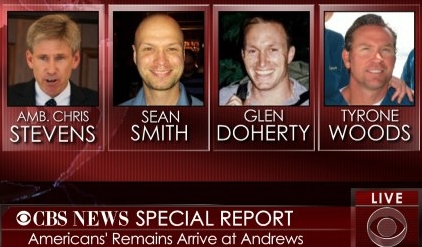
What most of us don't realize about diplomacy:
When news breaks, reporters want answers to their questions. Politicians want enough information to point a finger at who is to blame. And Americans want to know what happened and why it happened. But we are not always, in fact we are usually not, going to get all the answers to all our questions.
Four Americans died on September 11, 2012.
Anytime one of our citizens dies in service to our country, it is a tragedy. We want to know what happened and how it can be kept from happening again. We hope, at the very least, we'll learn a lesson from the loss.
What about Benghazi? Did Ambassador Christopher Stevens, State Department specialist Sean Smith, and security contractors (and former SEALs) Glen Doherty and Tyrone Woods make the ultimate sacrifice for America because of a pre-planned attack? Why did Stevens travel 600 miles from the U.S. Embassy in Tripoli to the known dangerous mission in Benghazi in the first place? Why did the U.S. stay in Benghazi after other western countries pulled out? What was the purpose of the attack? Who executed the plan that brought about the deaths of these Americans? Why wasn't military support sent immediately in response to this attack? Was the significant date selected by the attackers for the emotional impact it would have on Americans if their murderous plan was carried out?
Nine official investigations by congressional committees and the state department have been held. Each one has found the CIA and the military acted properly in response to the attack, according to reporting by the Associated Press. The ninth was held in October 2015 by congressmen who questioned former Secretary of State Hillary Clinton for 11 hours. The preparations for that hearing cost taxpayers more than the budgets of nine other congressional committees. The work on this hearing consumed more than 500 days. That number is greater than the investigations of the attack on Pearl Harbor, the Kennedy assassination, Iran-Contra, and Hurricane Katrina. At the conclusion, the committee chairman said no new information had been learned.
The previous House intelligence committee said after a two-year investigation that many Americans performed courageously in the attack. Officials from State, Defense and the CIA did what they could to save lives, making “reasonable tactical decisions about how to respond to the attacks.” After the first assault on the facility, a team rushed from the CIA base about a mile and a half away to help; another CIA-military team was dispatched from Tripoli; a Predator drone was in the air above the scene in 90 minutes. “There was neither a stand down order nor a denial of available air support, and no American was left behind,” the panel concluded.
In spite of all the investigations, there are aspects of this tragedy that our government may never decide are within the American public's "need to know" - no matter how much we would like to think we have a right to know. The imperatives of diplomacy may be more important to our country in the grand scheme of things.
At one point in our careers my husband and I both worked for the U.S. Army. He was a soldier and I was a civilian employee. We had the same security clearance. But he couldn't walk into my office and go through the files on my desk, and I couldn't sit in on his command and staff meetings. Yes, we had the same level of clearance, but in both cases access to our work was based on a "need to know."
By all accounts, Stevens went to Benghazi because he needed to report before September 30th, the end of the fiscal year, on the physical, political, and security environment in Benghazi. Secretary of State Clinton wanted to convert Benghazi from a temporary facility to a permanent constituent post. There were funds to accomplish this conversion that would not be available in the next fiscal year. Clinton hoped to travel to Tripoli and make the announcement in December 2012. Stevens had been in Benghazi for a few days before September 11 trying to meet that deadline and needed no approval from Washington for making the trip.
The State Department Accountability Review Board omitted any mention of this purpose for Stevens’ September 11 presence in Benghazi. The report said the ambassador had dinner with the Benghazi city council on the previous night and had a briefing that day at the CIA Annex. “Ambassador Stevens was scheduled to remain in Benghazi until September 14, and his visit was timed in part to fill the staffing gaps between TDY [temporary duty] principal officers as well as to open an American Corner at a local school and to reconnect with local contacts,” the report said.
The deteriorating security situation in Benghazi had been the subject of a meeting embassy officials held August 15, 2012, where they concluded they could not defend the U.S. diplomatic compound in Benghazi. The next day, the embassy drafted a cable outlining the dire circumstances and saying it would spell out what it needed in a separate cable.
Army Lieutenant General Carter Ham, then the head of the U.S. Africa Command, did not wait for the separate cable. Instead Ham telephoned Stevens and asked if the embassy needed a special security team from the U.S. military. Stevens told Ham it did not, according to several reports. Weeks later, Stevens traveled to Germany for a scheduled meeting with Ham at AFRICOM headquarters. During that meeting, Ham again offered additional military assets, and Stevens again said no.
Ham was in Washington for a meeting of all combat commanders when the attack was under way. Although a decision was made to send a drone from eastern Libya toward Benghazi, by the time it arrived above the facility, the attack on the mission was winding down. Ham said they knew when it was over.
Although he had authority to scramble a jet to the scene, Ham decided there was "no necessity and there was not a clear purpose in doing so." When asked what would have been the downside to sending one anyway? "To do what?" he asked. "It was a very, very uncertain situation."
Ham said although U.S. officials were looking for indicators about a possible attack on US interests during the 9/11 anniversary, there was no information that an attack on the U.S. facility in Benghazi was imminent. And as often has been said by others about the significance of that date, it was September 11 everywhere on the planet.
One reason for the refusal for additional security might have been budget constraints, such as those reported by The Washington Times. The attack in Benghazi had followed two years of major cuts by Congress to State Department funding for embassy construction and diplomatic security. Ham commented at an Aspen Conference Center discussion following his retirement in 2013 that "If you want to have stand-by security available to deploy within two hours to anywhere in the world, you better be prepared to write a really big check." Apparently decisions on Capitol Hill had already been made before Benghazi not to write that check.
Eric Nordstrom, a sixteen-year veteran of State Department security and the regional security officer from September 2011 to July 2012, told the House Oversight Committee, “I had not seen an attack of such ferocity or intensity previously in Libya, nor in my time in the diplomatic security service. Having an extra foot of wall, or an extra half-dozen guards or agents would not have enabled us to respond to that kind of assault. That was far beyond any security level contemplated for the Benghazi consulate." As Nordstrom told the committee, in February 2012 he requested that the number of diplomatic security personnel assigned to the consulate be doubled, from two to four. There were five in the compound on the night of the attack.
Former journalist and founder of the not-for-profit, Media Matters for America, David Brock wrote, "Facts that get lost in the grim news of that night include that, due to the incredible heroism of a small group of Americans, five U.S. personnel were saved while under heavy fire, the ambassador's body was recovered at the height of the mayhem, and 30 people were evacuated from the annex."
A dramatization of the actions of that "small group of Americans" has recently been released as a major motion picture.
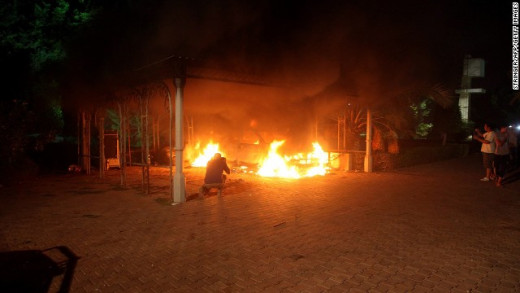
Rules of Diplomacy
Stevens might also have rejected the offers to step up defenses because there was an understanding within the State Department that officials in Libya would not request more security through open channels. That was no doubt the reason for the "separate cable" he sent to ARICOM HQ. There are always concerns about the political fallout of seeking a larger military presence in a foreign country. Libya was still being touted as a foreign policy success and such actions would bring that status into question. If you review U.S. history, especially in this specific region, that scenario is standard operating procedure diplomatically..
Most Americans could not tell you what was the first documented attack on Americans by Al Qeida. No, it wasn't the USS Cole, attacked by suicide bombers while refueling in the port of Aden, Yemen, October 2000. No, it wasn't our embassies in Kenya and Tanzania in August 1998.
On November 13, 1995, Al Qeida claimed responsibility for bombing the headquarters of the Office of the Program Manager for the Saudi Arabian National Guard (OPM-SANG) in Riyadh. At the time they called themselves the Islamic Movement for Change. Was this an especially difficult mission to execute? It should have been, but, no, it wasn't. All the bomber had to do was drive into the parking lot, leave the vehicle next to the side of the office building, and walk away. It didn't even require a suicide on the part of the bomber to accomplish. And five Americans died that day along with several workers from other nations.
Why was it so easy? Because of Middle East diplomacy. The security for that building was the responsibility of the host country just as it was in Benghazi. This bombing occurred almost four years after the First Gulf War. Didn't our state department realize the dangers that still existed in that region? Yes, it did. But providing our own security for joint ventures like this one between the U.S. and the host country would have sent the wrong diplomatic message. So Americans died in a building with almost no security.
Yes, there was a guard on the parking lot. One. He probably handed his weapon to the next guard after his shift without even checking to see if it was loaded. Yes, you had to have a code to open the front door of the headquarters. In 1990, when my husband received orders assigning him to this organization, he was briefed by a general who had been assigned there six years earlier. During the briefing the general gave my husband the keypad code to the main door at HQ. It hadn't changed. Why? The Saudi's would have asked us what we were worried about? Didn't we trust them? Diplomatic rocking the boat.
These are some of the restrictions diplomacy places on Americans in foreign countries and their own state department. In hindsight we always ask how tragedies like Benghazi could possibly have happened. Until they do happen, we dance the diplomacy two-step with tenuous partners in various parts of the world - and hope for the best because the alternative is to have no relationship at all with these countries and governments.
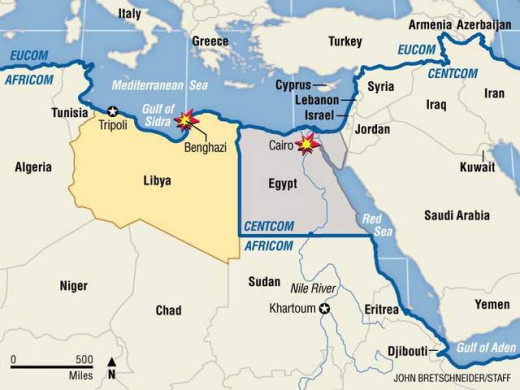
Stevens Was Aware of Dangers
During the uprising against Muammar Qaddafi, which began in Benghazi, Stevens had stood with its people, spending most of his time in the streets. His translator was Habib Bubaker who ran an English school in the city. Stevens spoke Arabic but preferred the specificity of English for official meetings.
Bubaker reported that because of reports of elevated Islamists' activity in the area in the previous days, Stevens altered his routine and traveled with two body guards during the September visit. He went without his daily run on the streets outside the compound. He also conducted as many meetings as possible inside the walls of the U.S. mission instead of at various locations around the city, as was his normal practice. All of his appointments on the 11th were inside the compound.
September 14 was to be the most important day of the trip. "An American Space" was to be opened that would offer English lessons, Internet access, show films, and stock a library. The United States would provide some computers, books, and the rest of the materials and support—but it would be owned and operated by locals. "An American Space," Stevens planned to say, "is a living example of the kind of partnership between our two countries which we hope to inspire."
Bubaker stated, "The attackers who overran the American mission in Benghazi were suspected to be, not surprisingly, Islamic militants. It is unlikely, though, that they had any idea who, exactly, they were poisoning with diesel smoke. If Chris Stevens had been the target, it would have been simpler to hit his convoy, or grab him on his morning run, or snatch him from a meeting. Also, a live American ambassador would have been a more valuable asset than a dead one."
Ten days after the attack 30,000 Benghazi civilians marched in the streets and drove the Islamist militias from their city. Thousands sent condolences to the family of Ambassador Stevens.
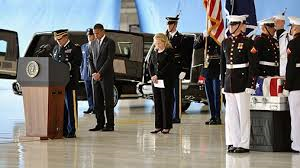
Questions Persist
Questions certainly persist concerning this tragic loss of American lives. And it seems, in spite of the information already published by the sources listed at the end of this hub, answers to more questions will be sought for an undetermined period of time to come. It all begs the question: What is the average American's "need to know" about the workings of the state department or about the mission of U.S. diplomacy? I'd venture to say, our need to know will always be limited. I'd also venture to say, there are valid reasons for that.
The U.S. State Department is not a public relations arm of our government. It does not exist to promote a positive image of our country to the world. It exists to defuse volatile relations with our enemies, to maintain fragile ties with countries that are not completely sure about us and we are equally not sure about them, and to milk our political capital with our allies for all it's worth while they are still our allies. The fact is that Benghazi was one of 157 attacks involving diplomatic facilities in the past 15 years resulting in nine other lives lost. Sound like a precarious business? You bet your life.
Sources for this hub: FORBES, Atlanta Journal Constitution, Wall Street Journal, GQ, Washington Times, David Brock, the Associated Press, Aspen Security Forum (July 17, 2013)

